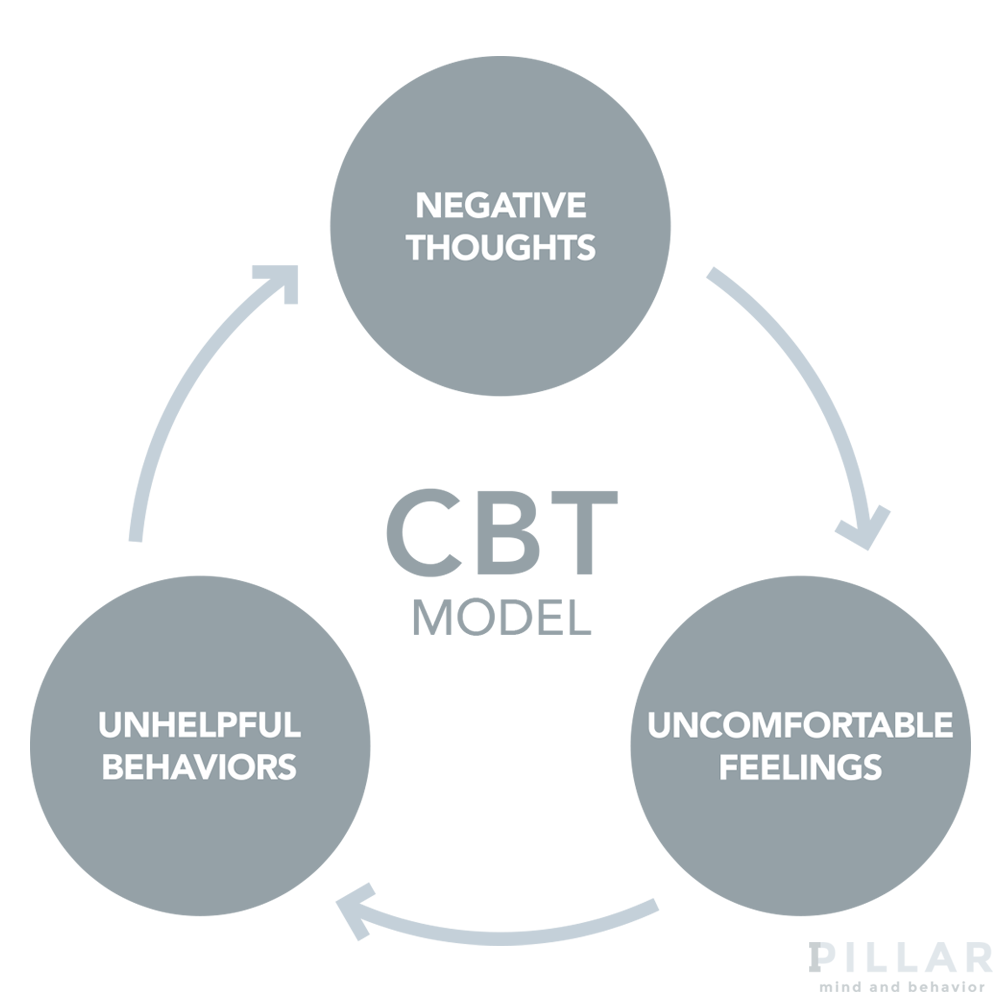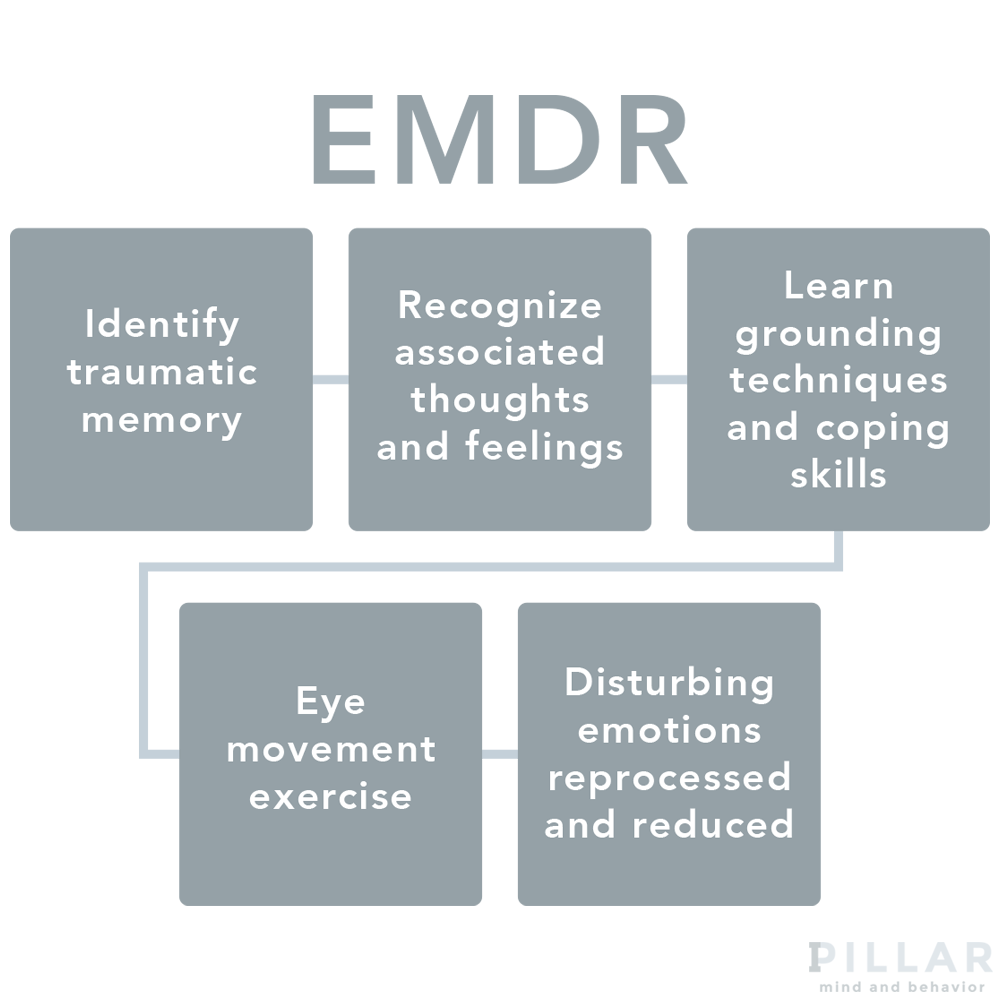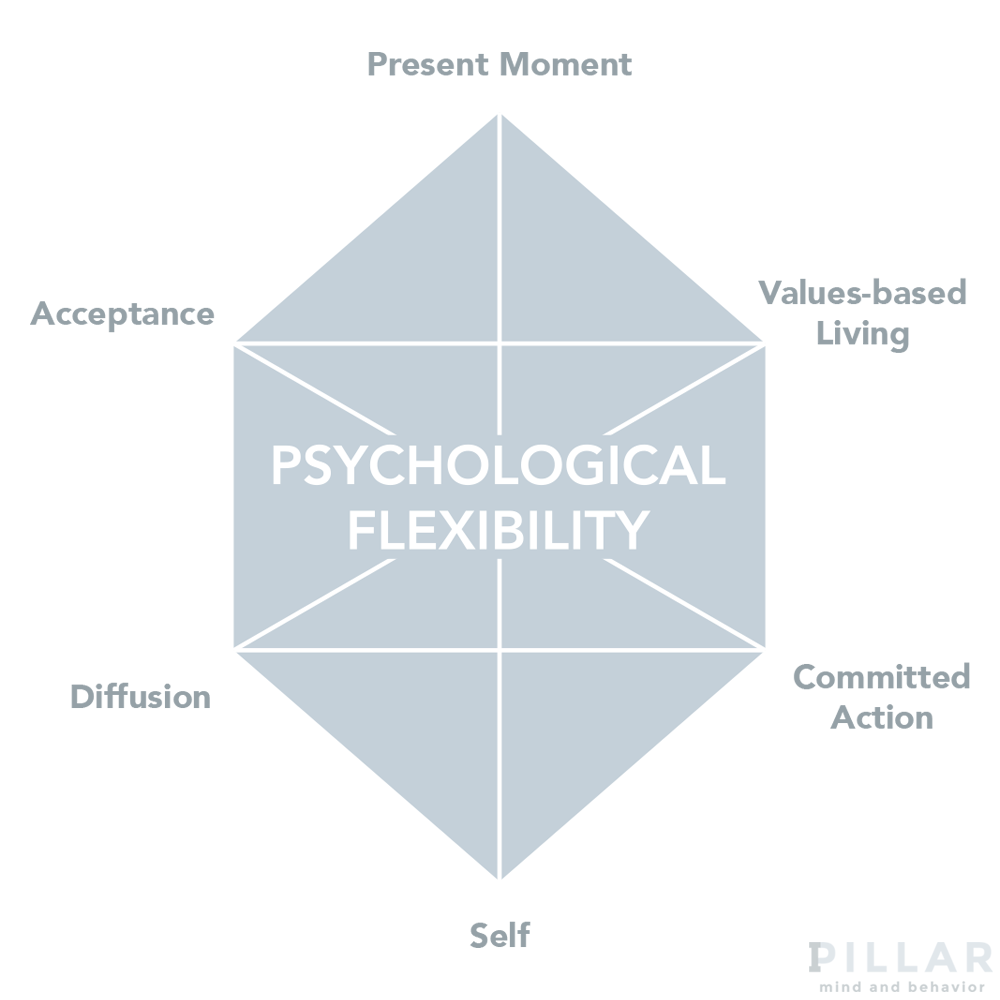Individual therapy sessions are offered in a one-on-one format and typically last between 45 and 60 minutes. Frequency of sessions is tailored to each client, often ranging from once to twice per week, based on individual needs and goals.
Some clients benefit from a structured therapeutic approach, while others may prefer a space to speak openly and reflect. Dr. Marmaros collaborates closely with each individual to create a comfortable and personalized therapy experience.
When appropriate, Dr. Marmaros coordinates with psychiatrists, schools, and families to support a comprehensive and integrated approach to care.

Learn more about Treatment Approaches

Cognitive Behavioral Therapy (CBT)
Cognitive Behavioral Therapy (CBT) is a structured, evidence-based therapeutic approach grounded in the understanding that our thoughts influence both our emotions and behaviors. By identifying and addressing negative or distorted thought patterns, CBT helps individuals reframe core beliefs, develop healthier perspectives, and build personalized coping strategies to manage distress. Extensive research supports CBT as one of the most effective treatments for anxiety and depression, with consistently strong outcomes across diverse populations. In addition to treating anxiety and depression, CBT is also highly effective for panic disorder, phobias, and includes specialized methods like Exposure and Response Prevention (ERP) for obsessive-compulsive disorder (OCD). CBT can also be integrated with other therapeutic modalities to address symptoms of attention-deficit/hyperactivity disorder (ADHD), post-traumatic stress disorder (PTSD), and to help manage stress and life transitions.
Eye Movement Desensitization Reprocessing (EMDR)
Eye Movement Desensitization and Reprocessing (EMDR) is an evidence-based therapy proven effective in reducing distress associated with traumatic memories, from mild to severe. Endorsed by the American Psychiatric Association and the International Society for Traumatic Stress Studies, EMDR is primarily used to treat trauma and post-traumatic stress disorder (PTSD). EMDR follows an 8-phase model that combines elements from multiple therapeutic approaches, with the unique addition of bilateral stimulation. This involves rhythmic side-to-side movements, guided by visual aids, audio tones, or hand pulsers, while clients reflect on distressing memories. Research shows that bilateral stimulation reduces the emotional intensity of traumatic memories and facilitates their reprocessing in a more adaptive part of the brain, leading to decreased distress.


Mindfulness-based cognitive therapy (MB-CT)
Mindfulness-Based Cognitive Therapy (MB-CT) is a psychotherapy approach that helps individuals gain awareness of their thoughts and emotions, seeing them as separate from their sense of self. By integrating mindfulness practices such as relaxation, breathing, and grounding techniques, MB-CT fosters emotional regulation and resilience.
Research consistently shows that MB-CT is particularly effective for preventing relapse in individuals with recurrent depression. The therapy has also been shown to reduce symptoms of anxiety, chronic pain, and stress-related disorders. MB-CT enhances personal insight, enabling individuals to distinguish between thoughts, emotions, and their true selves. It promotes mindfulness tools that not only combat depression but also encourage emotional transformation, helping individuals respond to challenging emotions with greater awareness and less reactivity.

Acceptance Commitment Therapy (ACT)
Acceptance and Commitment Therapy (ACT) is a contemporary, evidence-based therapeutic approach designed to help individuals acknowledge and accept the challenges they face in life, rather than struggling to avoid or control them. ACT emphasizes that the more we suppress or attempt to control our emotions, the more likely we are to experience psychological distress. By helping individuals recognize and accept their emotional experiences, ACT promotes psychological flexibility—the ability to be open, adaptable, and effective in the presence of difficult thoughts and feelings. Grounded in six core principles, ACT fosters well-being by encouraging individuals to engage fully in the present moment, clarify personal values, and take committed actions aligned with those values. Research has shown ACT to be effective in treating a wide range of mental health concerns, including anxiety, depression, chronic pain, and stress-related disorders. ACT empowers individuals to live a life that is not defined by their struggles but is driven by meaning and purpose
Exposure Response Prevention (ERP)
Exposure and Response Prevention (ERP) is a research-backed, specialized form of Cognitive Behavioral Therapy (CBT) used to treat Obsessive-Compulsive Disorder (OCD). This approach involves a structured and gradual process in which individuals are exposed to feared thoughts, images, or situations while being guided by a therapist to refrain from engaging in compulsive behaviors typically used to reduce anxiety. Though the process can initially feel overwhelming, over time, not giving in to these compulsive responses leads to habituation, where anxiety levels naturally decrease as individuals learn to tolerate distressing thoughts without acting on them. ERP is a highly effective treatment for OCD, with numerous studies demonstrating its success in reducing symptoms and improving quality of life. A core component of ERP is psychoeducation for both clients and their families, helping them understand the nature of OCD and its treatment. This education is vital to ensure that families and loved ones support the individual’s progress, while avoiding enabling behaviors that can inadvertently reinforce compulsions.
A Comprehensive Behavioral Model (ComB)
Comprehensive Model for Behavioral Treatment (ComB) is used to treat body-focused repetitive behaviors (BFRBs), such as trichotillomania (hair-pulling) and excoriation (skin-picking). This approach focuses on increasing self-awareness by analyzing the triggers and underlying factors that lead to these behaviors. ComB is an extension of Habit Reversal Training (HRT), a proven method for treating BFRBs, offering a more holistic and in-depth approach. The treatment includes a functional analysis to understand the behavior, including its sensory, cognitive, emotional, and environmental components. This allows for the development of tailored coping strategies to manage urges and reduce the behaviors. Social support and psychoeducation for parents are often essential, particularly for younger clients, to ensure effective treatment.
Schedule an Appointment
Free 15-Minute Phone Consultation
